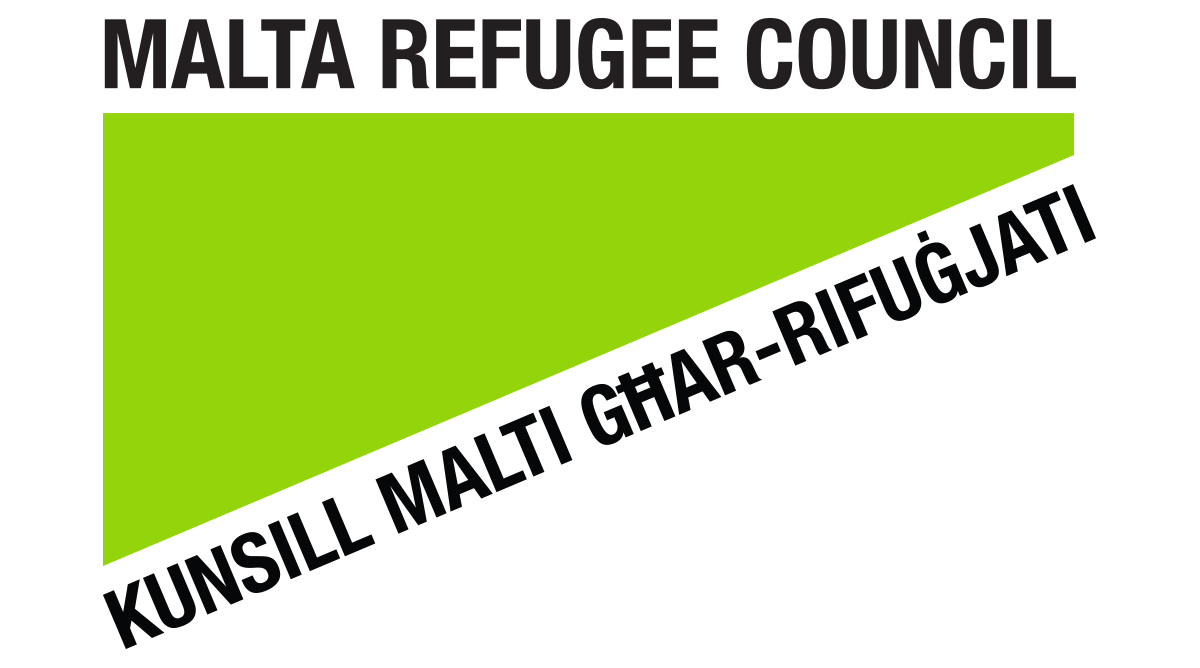Malta needs to coordinate its
response to Ukrainian refugees
We urge Government to establish a Humanitrian Coordinaton Committee, with effective Civil Society participation
These are extremely difficult days for Europe. Barely recovering from a global pandemic that devastated lives, communities and economies, we are now in the midst of a full blown war that has the potential to irrevocably change the world order and our very understanding of peace. The EU's rapid response has so far been impressive.
On 27 February, Commissioner von der Leyen emphasised, "we welcome with open arms those Ukrainians who have to flee from Putin's bombs and I am proud of the warm welcome that Europeans have given them." Triggering the Temporary Protection Directive, as the best measure to ensure the safety and dignity of millions of Ukrainian refugees, was a welcome initiative by the Malta Refugee Council.
Many Refugee Council members have been providing services and support to Ukrainians for quite some time, activities that of course have intensified in recent weeks. Some members are active in Ukraine itself or neighbouring countries, providing humanitarian aid in partnership with local organisations. Others, here, regularly liaise with the Ukrainian community to provide updated information and referrals to basic services, provide material support (rental assistance, housing, etc.) and educational opportunities.
Our experiences from dealing with similar situations in the past underline one fundamental operational strategy: Governmental, intergovernmental and non-governmental entities must act together in a coordinated manner to achieve the best results. Whilst we will certainly continue doing our utmost, as we have always done with all other refugees in Malta, it is clear that regular technical discussions are needed in order for Malta to be best prepared to deal with this war, and to welcome its refugees.
Lack of certainty on procedures, entitlements, documentation and services is already affecting our ability to provide our services, and it must be equally problematic for agencies such as APPOĠĠ, AWAS, IPA, Immigration Police, etc.
We are therefore strongly urging Malta to urgently establish, under auspices of the Office of the Prime Minister, a Humanitarian Coordination Committee. The Committee, composed of representatives of relevant entities (e.g. IPA, Health, Police, FSWS, Jobsplus, ID Malta, MFA, CPD, UNHCR, IOM, NGOs, Ukrainian community), should meet on a regular basis in order to agree upon protocols, guidelines and procedures. At times like these, strong and value-based leadership is key.
There is also the need for Government to welcome the nation’s generosity towards Ukrainian refugees, whilst simultaneously ensuring the protection of the most vulnerable.
Such a concerted approach is not only necessary but the most efficient method for Malta to effectively live up to the Commissioner's promise to the Ukrainian people.
On 27 February, Commissioner von der Leyen emphasised, "we welcome with open arms those Ukrainians who have to flee from Putin's bombs and I am proud of the warm welcome that Europeans have given them." Triggering the Temporary Protection Directive, as the best measure to ensure the safety and dignity of millions of Ukrainian refugees, was a welcome initiative by the Malta Refugee Council.
Many Refugee Council members have been providing services and support to Ukrainians for quite some time, activities that of course have intensified in recent weeks. Some members are active in Ukraine itself or neighbouring countries, providing humanitarian aid in partnership with local organisations. Others, here, regularly liaise with the Ukrainian community to provide updated information and referrals to basic services, provide material support (rental assistance, housing, etc.) and educational opportunities.
Our experiences from dealing with similar situations in the past underline one fundamental operational strategy: Governmental, intergovernmental and non-governmental entities must act together in a coordinated manner to achieve the best results. Whilst we will certainly continue doing our utmost, as we have always done with all other refugees in Malta, it is clear that regular technical discussions are needed in order for Malta to be best prepared to deal with this war, and to welcome its refugees.
Lack of certainty on procedures, entitlements, documentation and services is already affecting our ability to provide our services, and it must be equally problematic for agencies such as APPOĠĠ, AWAS, IPA, Immigration Police, etc.
We are therefore strongly urging Malta to urgently establish, under auspices of the Office of the Prime Minister, a Humanitarian Coordination Committee. The Committee, composed of representatives of relevant entities (e.g. IPA, Health, Police, FSWS, Jobsplus, ID Malta, MFA, CPD, UNHCR, IOM, NGOs, Ukrainian community), should meet on a regular basis in order to agree upon protocols, guidelines and procedures. At times like these, strong and value-based leadership is key.
There is also the need for Government to welcome the nation’s generosity towards Ukrainian refugees, whilst simultaneously ensuring the protection of the most vulnerable.
Such a concerted approach is not only necessary but the most efficient method for Malta to effectively live up to the Commissioner's promise to the Ukrainian people.
